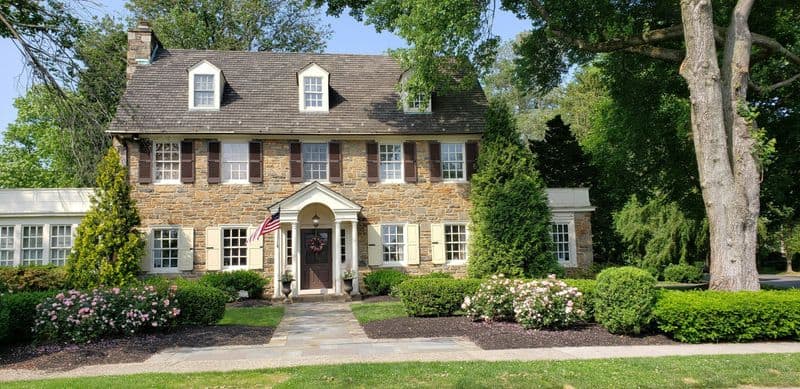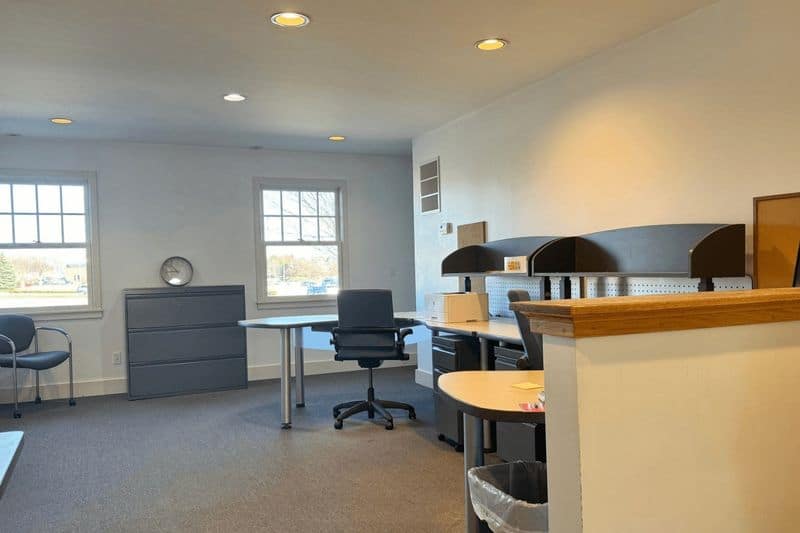Inheriting a house can be both a blessing and a challenge. While it opens up numerous possibilities, it also demands careful consideration to make the most out of this unexpected asset.
Whether you’re looking to maximize financial gains or preserve family heritage, there are diverse paths you can take. From selling to repurposing, each option carries its unique advantages.
This guide will explore 10 smart ideas to help you decide what to do with an inherited house, ensuring that you make a well-informed decision that aligns with your goals and circumstances.
1. Sell the Property

Selling the inherited property is often the most straightforward option. If you’re not emotionally attached to the house or don’t see yourself living there, selling can convert the asset into cash.
Consult a real estate agent to evaluate the property’s worth, considering factors like location, condition, and market trends. A professional can help you navigate the selling process efficiently.
The sale proceeds might be subject to capital gains tax, so it’s wise to consult a tax advisor. Selling relieves you of maintenance and property management responsibilities.
2. Rent it Out

Renting out the inherited house can provide a steady income stream. If the property is located in a desirable area, this can be a lucrative venture.
You’ll need to prepare the home for tenants by addressing repairs and upgrades. Consider hiring a property manager if you prefer a hands-off approach.
Being a landlord comes with responsibilities, such as dealing with tenant issues and maintenance.
However, the financial benefits, including tax deductions on rental expenses, can make it worthwhile.
3. Renovate and Flip

Flipping the inherited house is an exciting option for those with a knack for design and renovation. By investing in upgrades, you can significantly increase the property’s value.
Focus on areas that provide the best return on investment, such as kitchens and bathrooms. Once renovations are complete, sell the house for a profit.
This approach requires capital and time but can be rewarding for those willing to take the risk. Ensure you understand market trends and renovation costs before diving in.
4. Use as a Vacation Rental

Transforming the inherited house into a vacation rental is ideal if it’s in a scenic or tourist-friendly location. Platforms like Airbnb can help you reach a wide audience.
Ensure the home is furnished and equipped with essentials to enhance guest experience. High-quality photos and engaging descriptions in your listings attract more visitors.
Keep in mind that managing a vacation rental involves regular cleaning and guest communication. This venture can be profitable, especially during peak travel seasons.
5. Preserve as a Family Retreat

Turning the inherited house into a family retreat can strengthen family bonds. This option is perfect for those who value tradition and want a place for gatherings.
Keep the house well-maintained and make it a welcoming abode for family members. Personal touches, like family photos, can add warmth and nostalgia.
While this choice may not yield financial returns, the emotional value can be priceless. It requires consensus among family members to ensure everyone appreciates and utilizes the space.
6. Convert into a Bed and Breakfast

A bed and breakfast can be a fulfilling venture if you enjoy hospitality. An inherited home in a charming location can attract tourists seeking unique stays.
Ensure guest rooms are comfortable and offer local breakfast delights to enrich the visitor experience. This venture requires dedication and management skills.
You can add personal touches and stories about the house’s history to create a memorable atmosphere. While demanding, this endeavor can combine business with the joy of hosting.
7. Repurpose for Community Use

Repurposing the inherited house for community use is a noble choice. It turns the property into a hub for activities like workshops, meetings, or classes.
Collaborate with local organizations to assess community needs and align them with your vision for the space. You might consider turning it into a non-profit, which can offer tax benefits.
This choice fosters community spirit and preserves the legacy of the house by giving back to society. It’s a meaningful way to honor the memory of the previous owner.
8. Lease to a Business

Leasing the inherited house to a business can be an innovative use of the property. Small businesses often seek unique spaces in residential areas for offices or boutiques.
Ensure the house complies with zoning laws and is equipped for commercial use. This option can provide a steady income with less personal involvement.
It diversifies your investment portfolio, allowing the property to serve an entrepreneurial purpose. The unique charm of a house can be a selling point for businesses seeking a distinctive location.
9. Hold as an Investment

Keeping the inherited house as an investment can be a strategic decision. Property values tend to appreciate over time, making it a valuable long-term asset.
Consult with financial advisors to understand market trends and assess potential returns. Holding onto the house gives you flexibility to decide its future use later.
This option requires patience but can lead to significant financial gain. Regular maintenance is necessary to preserve the property’s condition and value, ensuring its worth over the years.
10. Donate to Charity

Donating the inherited home to charity is a generous choice. It provides valuable support to organizations in need of facilities for housing, meetings, or events.
Consult with legal and financial advisors to ensure the donation process complies with regulations and offers tax benefits. This act of kindness turns the house into a legacy of goodwill.
It’s a way to honor the memory of the previous owner while contributing positively to society.
The impact of such a donation is immeasurable, touching numerous lives in the community.

